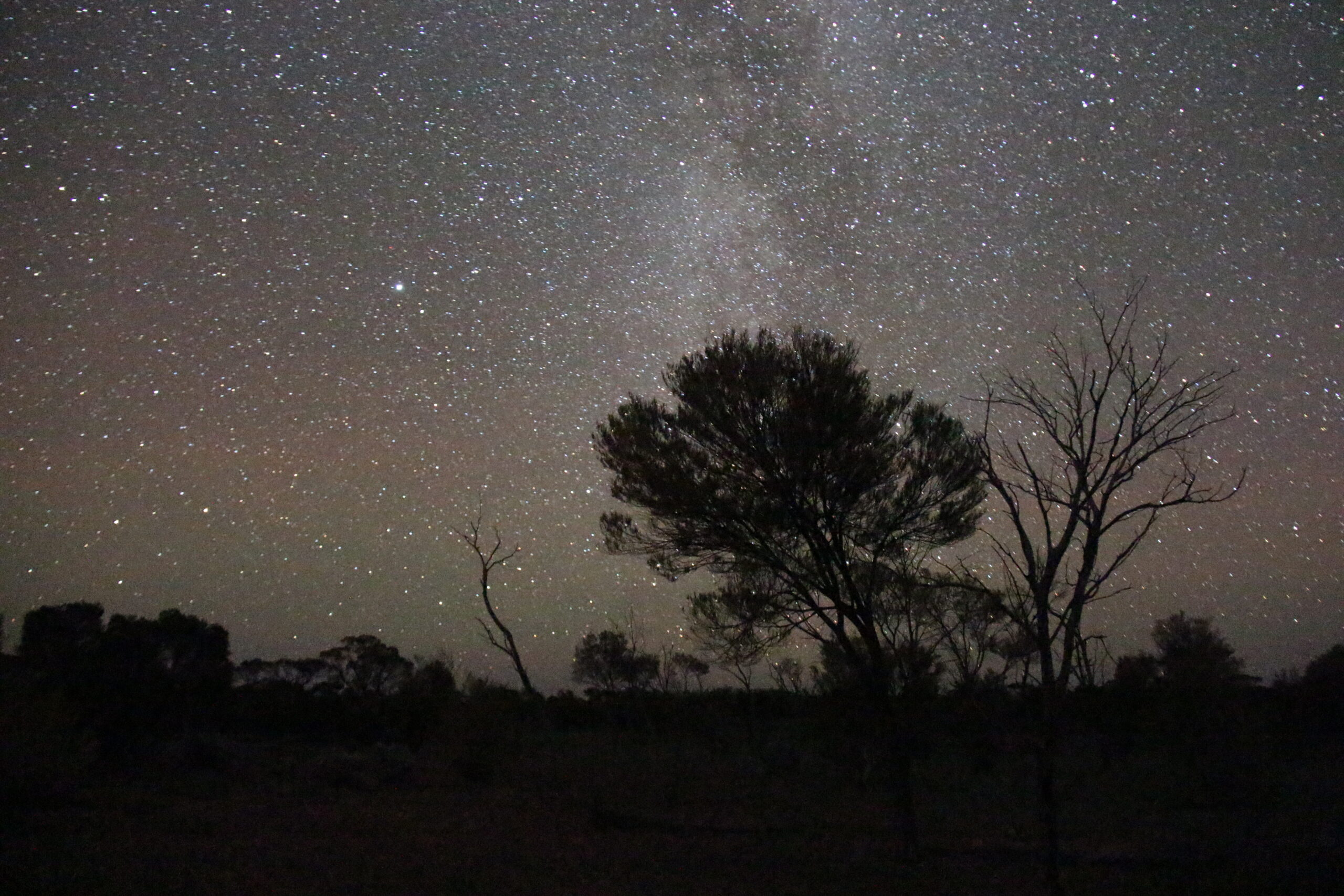Welcome to our first newsletter for 2023. As always, I hope it finds you safe and well!
We are delighted to share with you the satisfying news that TERN has official confirmation from the Australian Government that its NCRIS grant will be renewed on 1 July this year with funding secured until mid-2028. But this is base-level funding and with so many environmental and climate challenges requiring monitoring data derived from ecosystems that TERN cannot yet afford to cover, the amount is not enough! Thus, we have spent a busy January gathering information and holding discussions with potential partners and other NCRIS projects to prepare ourselves for a second grant application, due for submission in February. Our goal is to have sufficient funds for activities that allow TERN to play its role as an integral part of Australia’s national research infrastructure in undertaking innovative activities and filling monitoring gaps in response to the environment and climate challenges and step changes defined in the 2021 NRI Roadmap.
Delayed from 2021 to 2023 because of COVID, the iLEAPS – OzFlux Joint Conference in Auckland New Zealand, which has been long-awaited by the TERN community, is now facing a new crisis – severe flooding. How ironical is it that OzFlux and the global research platform ‘iLEAPS’ (Integrated Land Ecosystem-Atmosphere Processes Studies), bring together researchers from a variety of fields related to land-atmosphere exchange processes and that their gathering should coincide with the worst floods on record for Auckland. We wish everyone safe travels as they return home in early February.
Late last year, TERN’s Science Engagement and Media Specialist, Nicolas Rakopotare, represented TERN at the launch of the Australian Mountain Research Facility (AMRF) in the Australian Alps. We feature the story in this month’s newsletter. Given the importance of mountain ecosystems to society, biodiversity and providing a wealth of ecosystem services, we congratulate the AMRF people on their vision and achievement. Despite the fact that the launch was timed to occur during Australian summertime, there was ice and snow and those attending the launch wore ‘mountain tuxedos’- thick coats, gloves and scarves. Nicolas has captured the essence of the chilly conditions and some stunning scenery in the video he made at the launch as he interviewed TERN Science Advisory Committee member and Director of AMRF, Professor Adrienne Nicotra.
I hope you enjoy watching the interview and reading the AMRF story, along with others in this newsletter – especially the one on the largest digital artwork in the world – it uses TERN data! Happy reading.







